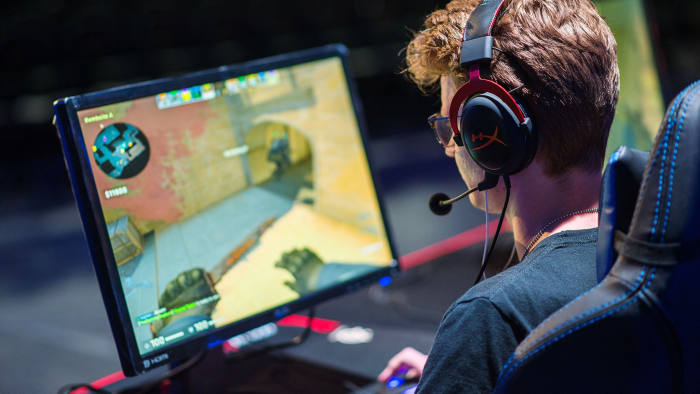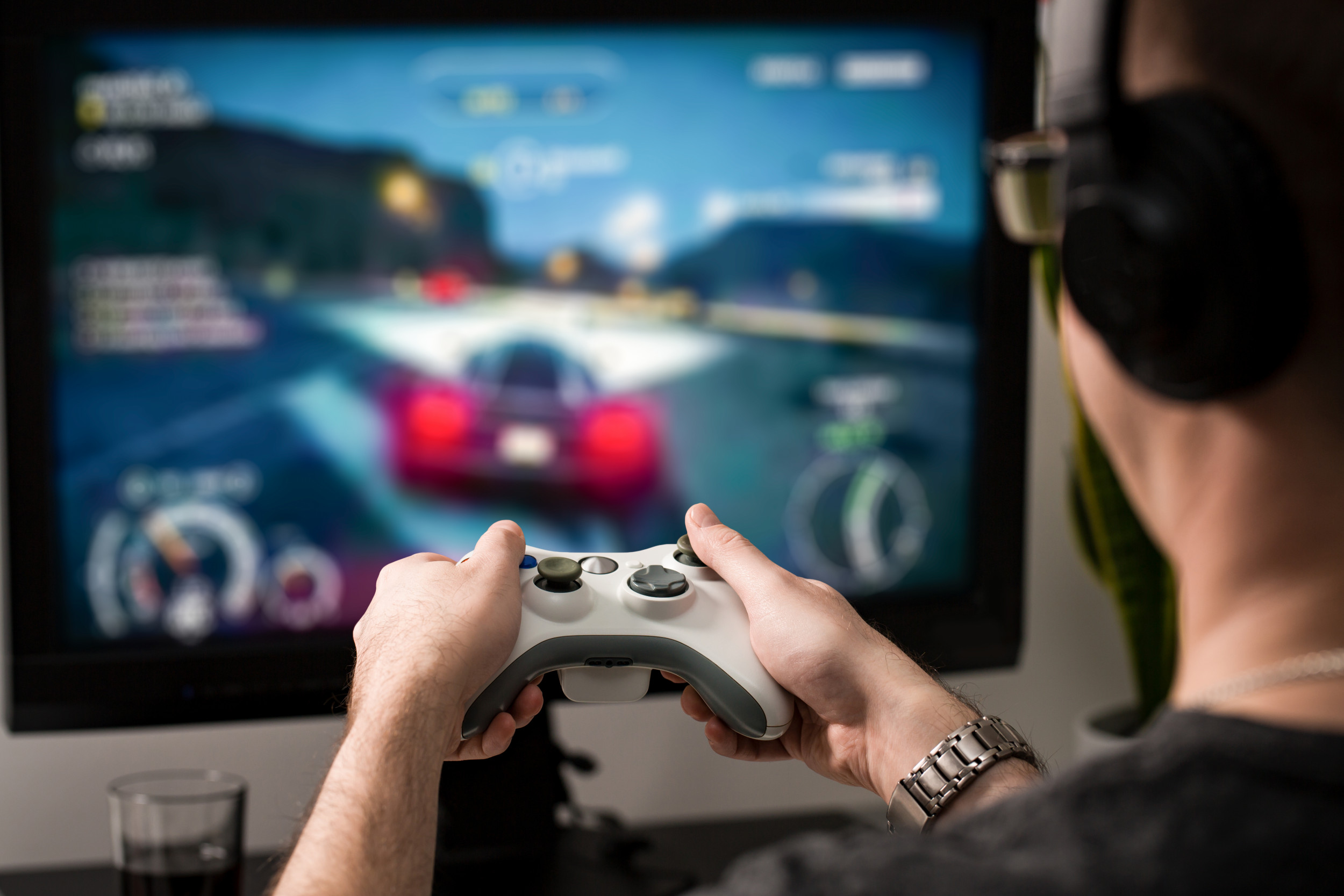
Many people used to criticise video games for often being cruel, violent, and even antisocial. However, a new era in the gaming industry has begun, and it brought not only brutal shooters and monster-crowded MMO RPGs but also something that could help people with mental disorders and other health concerns.
Keep Calm and Play
You might probably have heard about gaming disorder, a condition caused by playing certain games too much. The WHO (World Health Organization) has officially added this term to its glossary defining it as a psychiatric disease. However, along with the bad news, some good also come. It may sound crazy but recent studies proved – specific video games are able to help in learning and developing different behavioral skills such as communication, adaptation, and stress management. Some researchers have also found out the connection between playing games and increasing motivation and determination.
For example, a farm simulator Stardew Valley, released by ConcernedApe in 2016 was tested in treatment for patients suffering from stress and anxiety. Pretty monotonic gameplay and specific scenario which included not only growing fruits and vegetables but also making friends and falling in love performed good results. Thanks to longevity and absence of any stress scenes Stardew Valley provided a unique relaxing experience for the players who have some problems with mental health.
According to Dr Matthew Barr, who works at the University of Glasgow, “Choosing the right videogame for relaxation normally depends on the person. However, such titles as Stardew Valley, where a player is engaged in what you might call ‘busywork,’ can be quite soothing.”
A Place Where You Are Not Alone
Along with stress management, videogames can be used for those who are eager to tackle loneliness. Researchers also tried Stardew Valley’s co-operation mode where players are able to connect with any other Stardew Valley’s fan from all around the world. Of course, there are tons of games that allow playing online together with friends and strangers, but here we can see a different point.
“The social side of games is often entirely overlooked,” believes Dr Barr. “They are not solitary endeavours – now, more than ever, people play together, online. This provides an opportunity for folks who maybe aren’t the most socially outgoing, to connect with a community of like-minded individuals and avoid feeling lonely.“
Read also: Social Games – All You Should Know
Positive Impact on Mental Health
“Many players used to experience the so called ‘flow’ while they were playing games. This is a psychological state, first identified by psychologist Mihály Csíkszentmihályi. This condition means that the players are totally focused on – and energised by – the task at hand. They are completely ‘in the zone’ and everything that matters is just clicks,” explains Barr.
The scientist adds that playing video games increases the dopamine level to be released in the brain, and, thus, assists in fighting with mental illness. Some real examples when video games helped to improve mental health lead to the legendary Tetris puzzler. The game was used in a therapy course for war veterans which was dedicated to stop the formation of flashbacks. Interestingly, Tetris helped not only to reduce PTSD symptoms but even to get rid of them at all.
Conclusion
What other hidden potential do video games have? Probably, we will know in the nearest future. At the same time it is important to note that games themselves cannot replace any professional help and they cannot be used instead of medicine just because you read this article. Using video games in a therapy means combining different methods and following strict rules and prescriptions.





